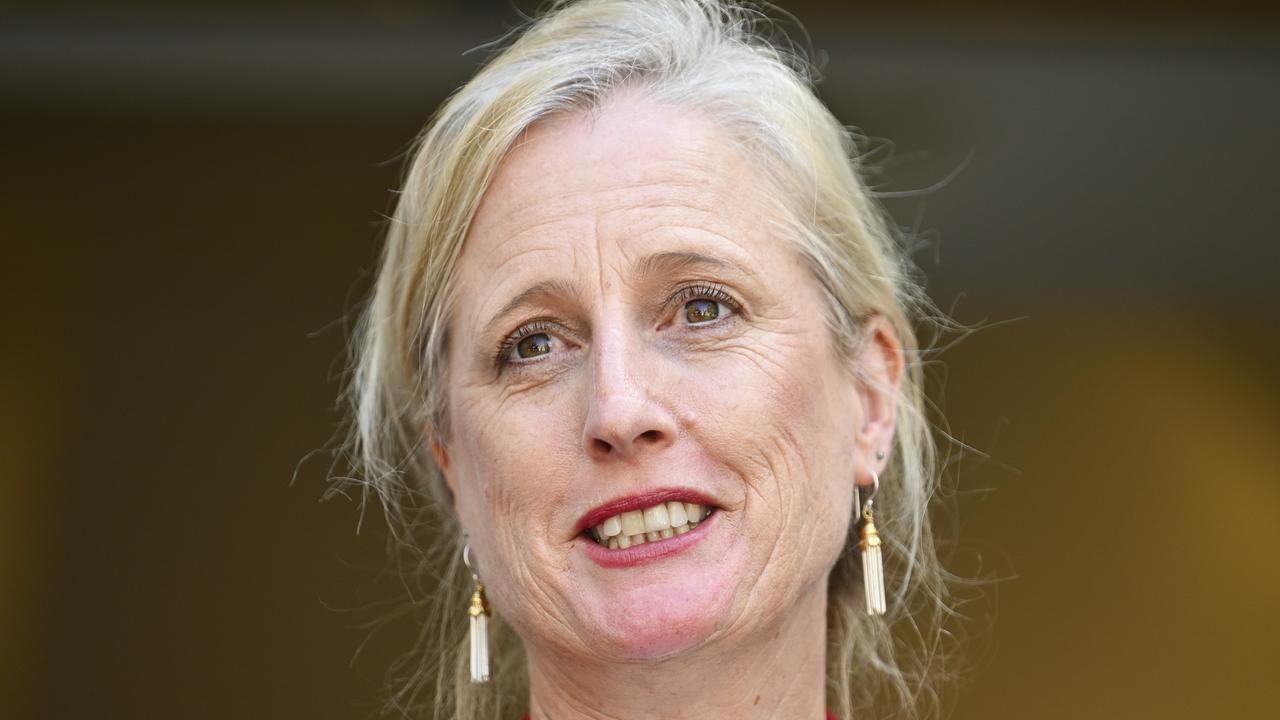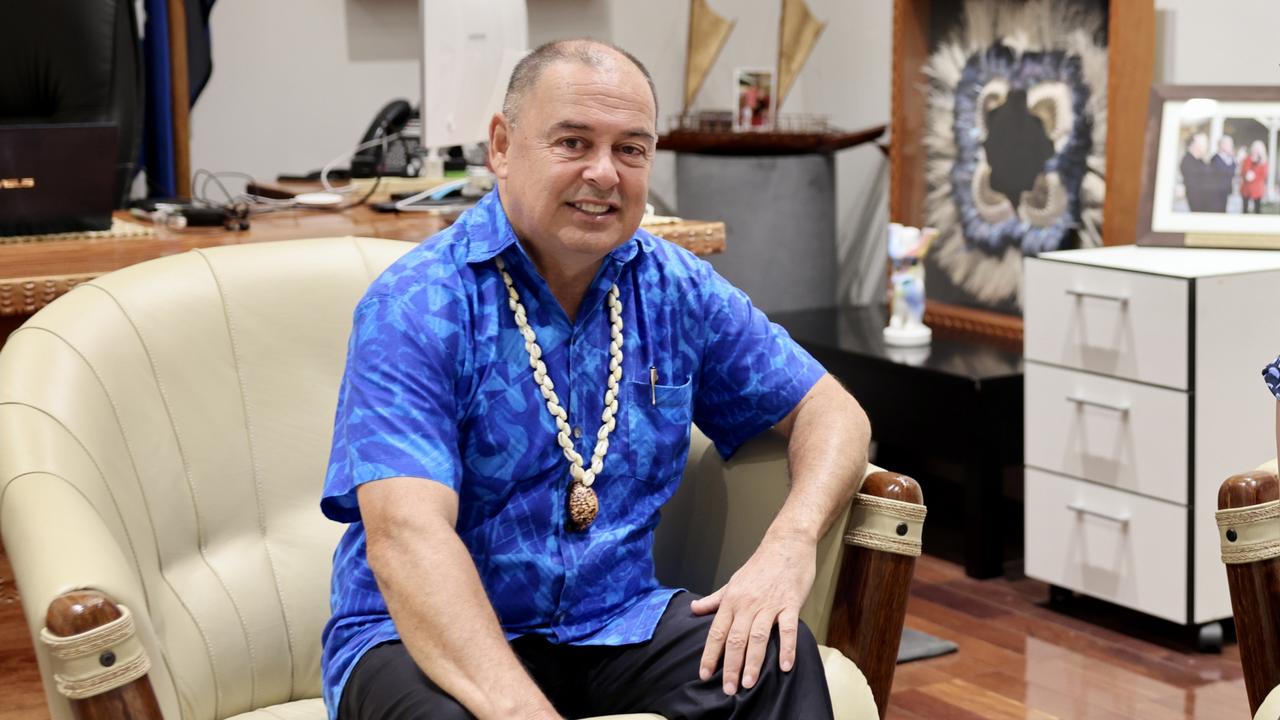Paid firefighting service a future option as bushfire season heats up
Australia may need to create a new paid firefighting service as natural disasters become more frequent, Emergency Management Minister Murray Watt says.
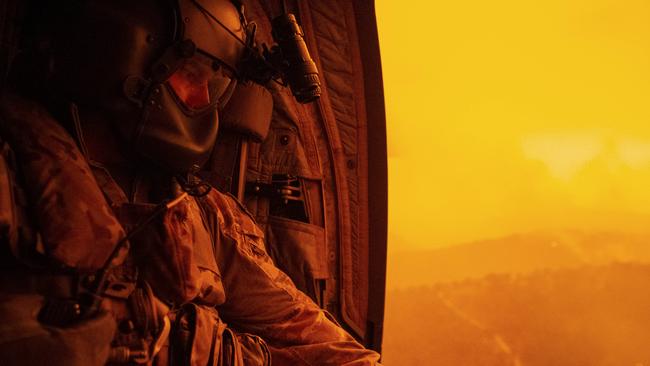
Australia may need to create a new paid firefighting service that would work through the bushfire season, easing pressure on volunteers as natural disasters become more frequent, Emergency Management Minister Murray Watt says.
Senator Watt said a California-style firefighting force was one of the options under consideration by the government, but pushed back on suggestions the nation should no longer rely on the Australian Defence Force to provide support during domestic emergencies.
He said the Albanese government “will always make the Defence Forces available when they're needed”, but they “should be used as a last resort rather than a first port of call”.
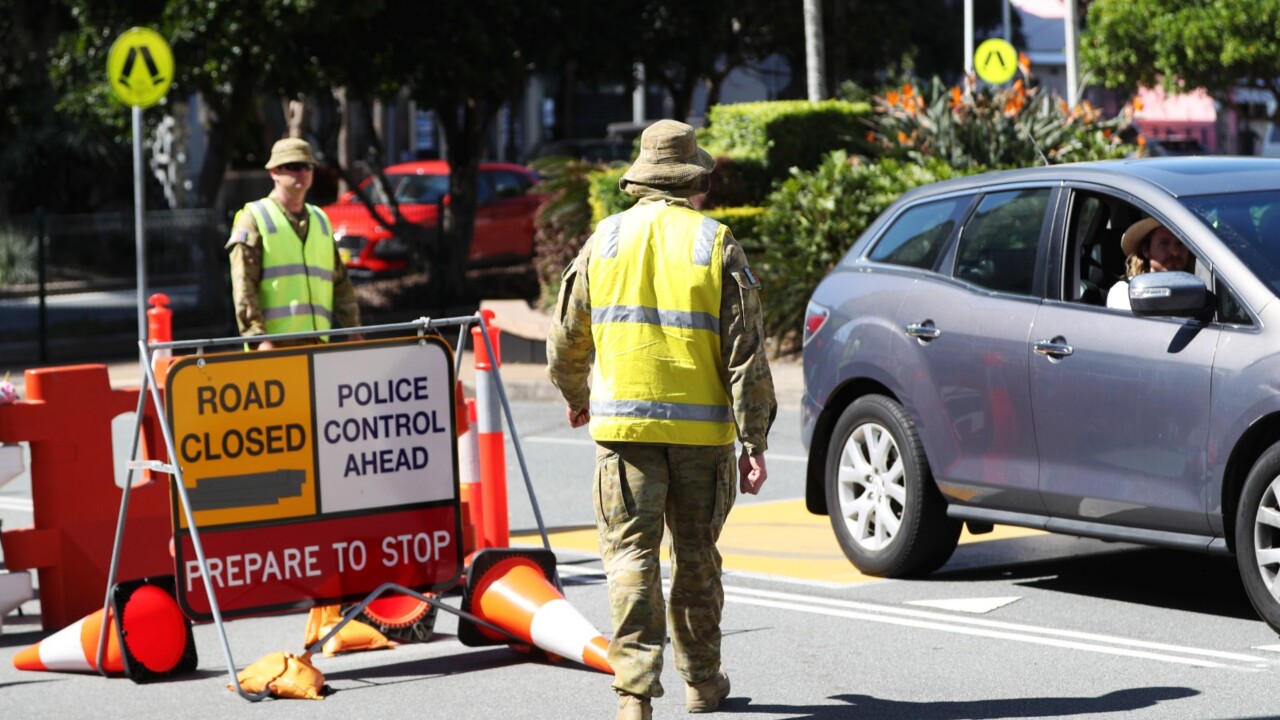
His comments follow the Defence Strategic Review’s warning earlier this year that the commonwealth, states and territories should respond to climate-related disasters without ADF support, “except in the most extreme emergencies”.
A Labor-led committee also warned this month that the states and territories can no longer treat the Australian Defence Force as “some sort of shadow workforce” to respond to domestic crises.
Ahead of a bushfire preparedness summit in Canberra on Monday and Tuesday, Senator Watt said the nation faced a “very challenging environment” in coming years due to worsening climate change and declining volunteer firefighter numbers.
He pointed to a Home Affairs-led examination of future options for dealing with domestic disasters that was due to report next year, which was considering the creation of a paid bushfire fighting force among numerous options.
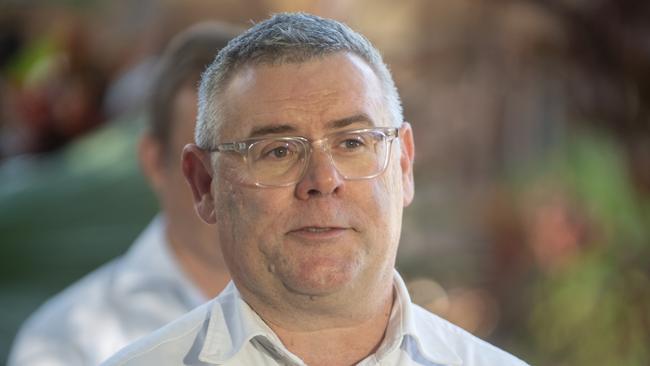
Senator Watt told the ABC’s Insiders program that Australia could in the future need to create “semi-professional firefighting services, which is what they have in places like California, where people can come online and be paid … for the fire season rather than an entire year”.
He said an Army Reserve-style civilian disaster response service could also be an option, but baulked at the idea of making such service compulsory.
“I think that there probably are young people out there who’d be more interested in providing that kind of community service than they might be for enlisting in the Army Reserves or things like that,” Senator Watt said.
“I wouldn't want to commit to sort of obliging people or forcing them to do so. It might be possible to do it in a voluntary manner.”
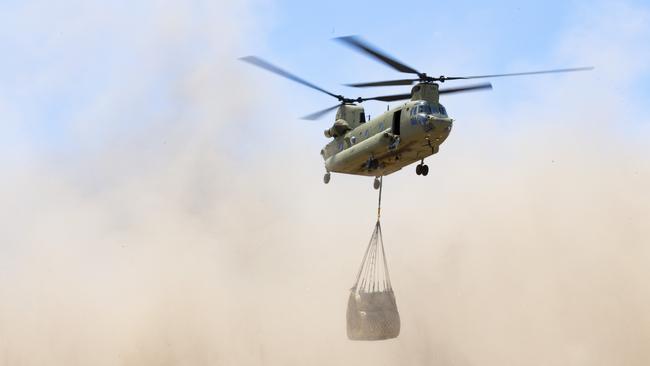
Federal, state and territory governments, emergency services and volunteer organisations will participate in the bushfire preparedness summit on Monday and Tuesday.
Senator Watt said the event would co-ordinate a national response ahead of what was shaping up as the highest-risk fire season since the Black Summer fires of 2019-20.
He said the nation was much better prepared than it was then, when 33 people died and more than 24 million hectares of land were burned.
“There’s been a huge amount of work over the last few months between federal, state and territorial authorities to be ready,” Senator Watt said.
“We will actually have more aircraft available for firefighting than we ever have had in this country, including one extra-large waterbombing aircraft and plenty more helicopters.”
But while Queensland had reached its target for fuel reduction, NSW and Victoria had not completed controlled burning due to flooding, he said.
The Australian Bureau of Meteorology declared an El Nino weather system on Tuesday, which typically leads to lower rainfall and increased temperatures.




